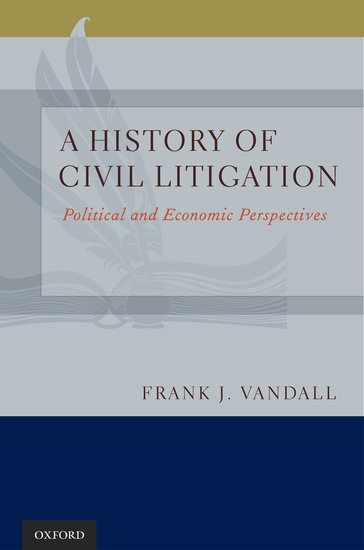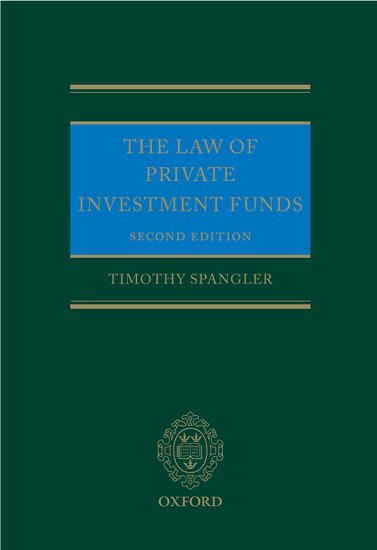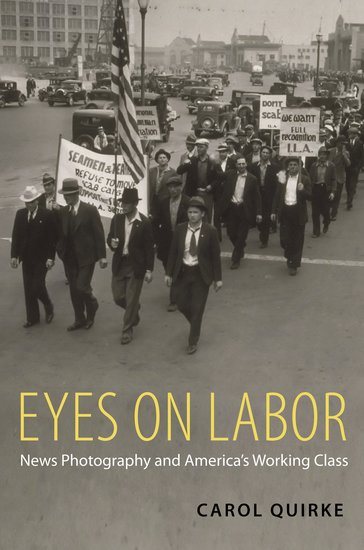The intellectual foundations of the Occupy Wall Street movement
By Frank J. Vandall
One of the chief attacks on the Occupy Wall Street Movement is that it has no articulated rational basis. It s just a bunch of unwashed neo-hippies who are wasting time, public resources and park-space while not looking for a job. Careful attention to Occupy Wall Street interviews manifests four foundational complaints, however.















